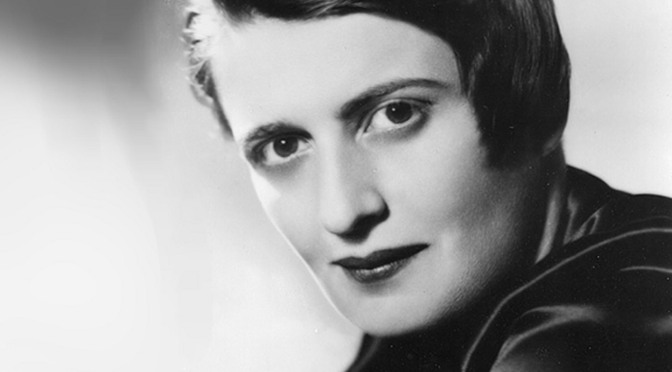Around midnight on April 14th, 1860, the rider on the first westbound run of the Pony Express clattered into San Francisco, California, on his horse. The mail he carried had been borne at a gallop across the desert of the American West. He was the last rider in a ten-day relay that began in St. Joseph, Missouri. Ultimately, the journey of the Pony Express would continue criss-crossing the country for eighteen months, transmitting messages about the gold rush in California, Lincoln’s inauguration, and the Civil War.
The Pony Express company conceded to the transcontinental telegraph in 1861, losing the government mail contract the company’s founders had sought. But it had forever heightened expectations of speed in letter delivery, and, of course, had gained a place in the American imagination.
155 years have passed since that day, and there was no better celebration of the Pony Express’s memory than Google’s instantly iconic doodle last week. And there was no better entity to do it: The Pony Express’s founders sought to compartmentalize and distribute a 1900 mile pilgrimage across America in order to speed up communication. Google now compresses massive amounts of data and connects billions of people in order to put a world of information at our fingertips.
Continue reading Google’s Pony Express & An Objectivist Theory Of Video Games








